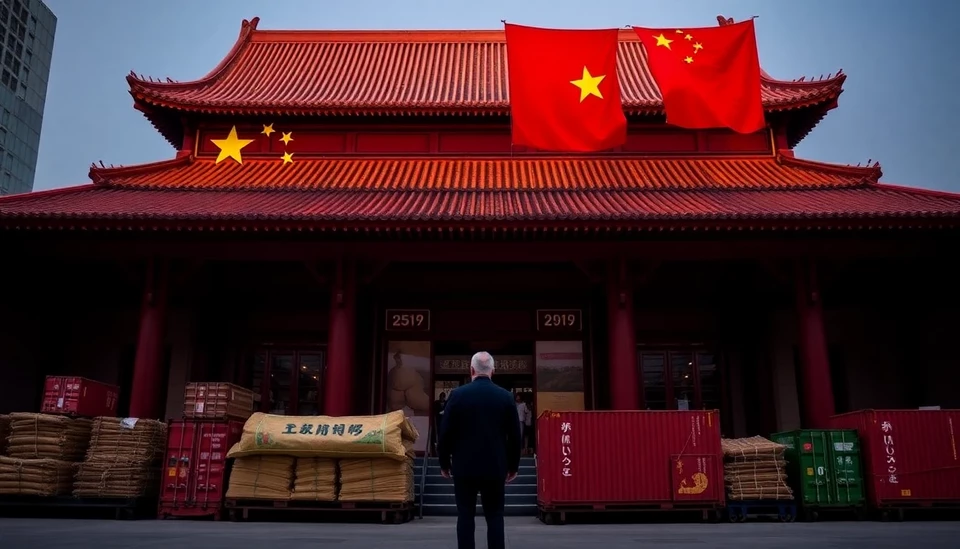
China Boosts Budget Spending Amid Rising Tariff Challenges
In a proactive response to escalating tariff pressures, the Chinese government has unveiled a significant acceleration in its budget spending plans. This strategic move aims to cushion its economy against the adverse effects of ongoing trade tensions, particularly with key trading partners.
Continue reading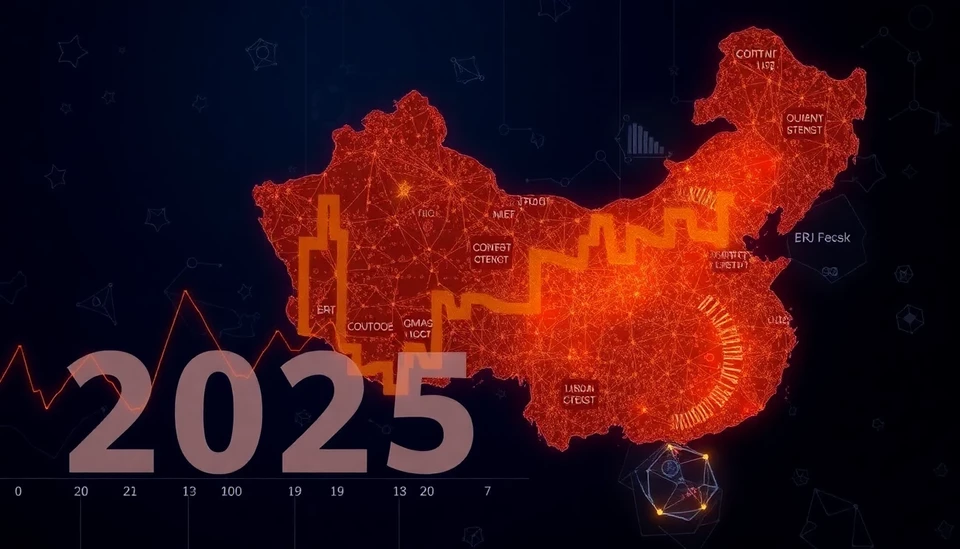
China’s Economic Landscape: A Deep Dive into Q1 2025 GDP and Key Indicators
In a noteworthy update from the world’s second-largest economy, China’s Gross Domestic Product (GDP) for the first quarter of 2025 has been released, showcasing a rich tapestry of economic signs that analysts and investors are closely monitoring. The GDP growth rate registered a robust figure, leading to several discussions about the sustainability of this expansion and its implications on both domestic and international markets.
Continue reading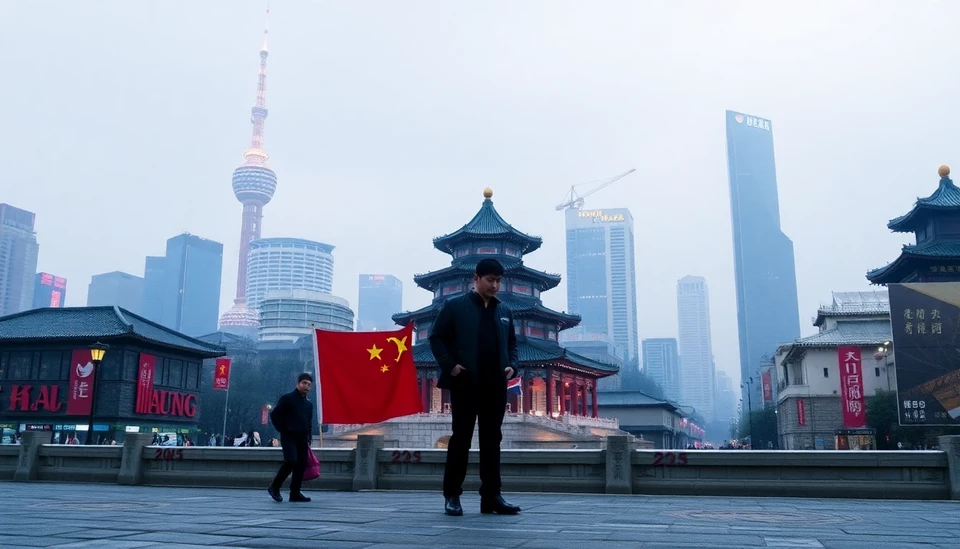
China Faces Record Low Growth Forecast for 2025 as UBS Downgrades Economic Outlook
In a significant blow to China’s economic prospects, UBS has issued a sharply downward revision of the country's growth forecast for 2025, marking the most pessimistic outlook to date. Analysts at the Swiss banking giant now predict that China's economy will grow by a mere 3%, a stark contrast to previous expectations and reflecting ongoing struggles within the nation's financial landscape.
Continue reading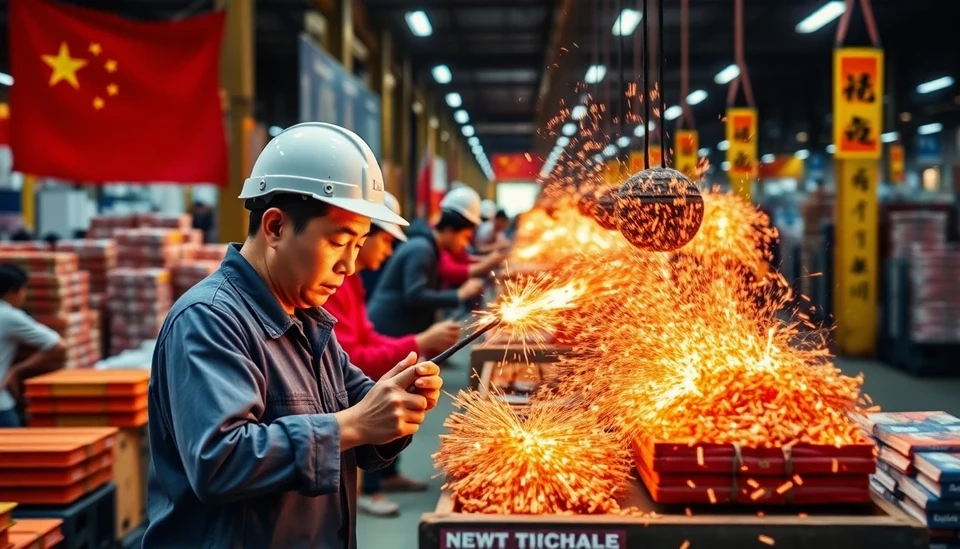
Escalating Tariffs: A Looming Crisis for Millions of Chinese Workers
The new tariffs imposed by the United States are set to create significant economic challenges for millions of Chinese workers. As the trade war intensifies, these tariffs threaten to disrupt supply chains and lead to substantial job losses across various industries in China.
Continue reading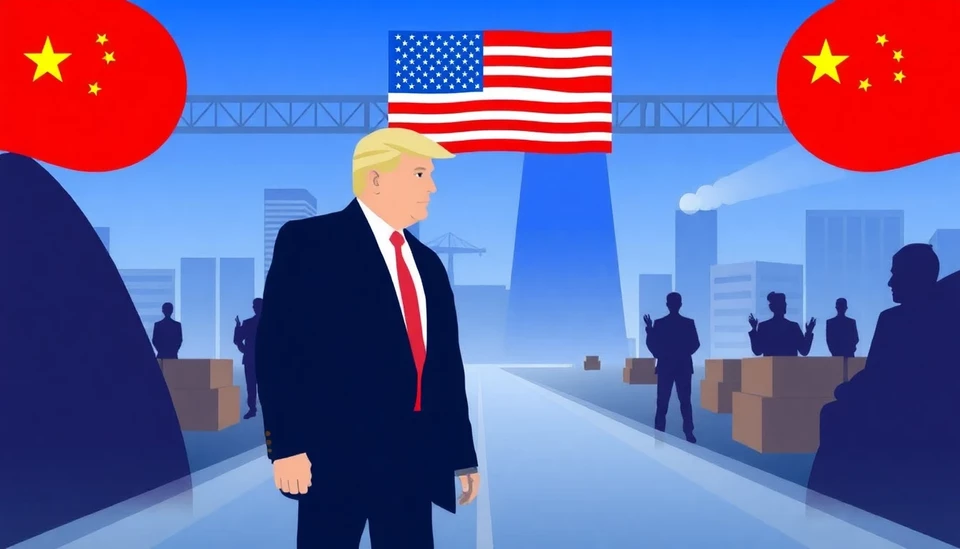
Trump's Tariff Exemption Could Mitigate Economic Impact on China, According to Citi Analysis
In a recent analysis by Citigroup, it has been revealed that former President Donald Trump’s potential tariff exemptions could significantly reduce the adverse economic effects on China’s GDP. This insight is crucial as discussions surrounding trade policies continue to influence global markets.
Continue reading
Chinese Battery Manufacturers Confront Dual Challenges from Tariffs and Domestic Issues
In a significant downturn for the Chinese battery manufacturing sector, companies are grappling with the compounded impact of new tariffs imposed by the United States, alongside persistent domestic challenges. The dual burden is causing serious concern among industry leaders, who fear that both internal strife and external pressures could stifle growth and innovation within this crucial segment of the economy.
Continue reading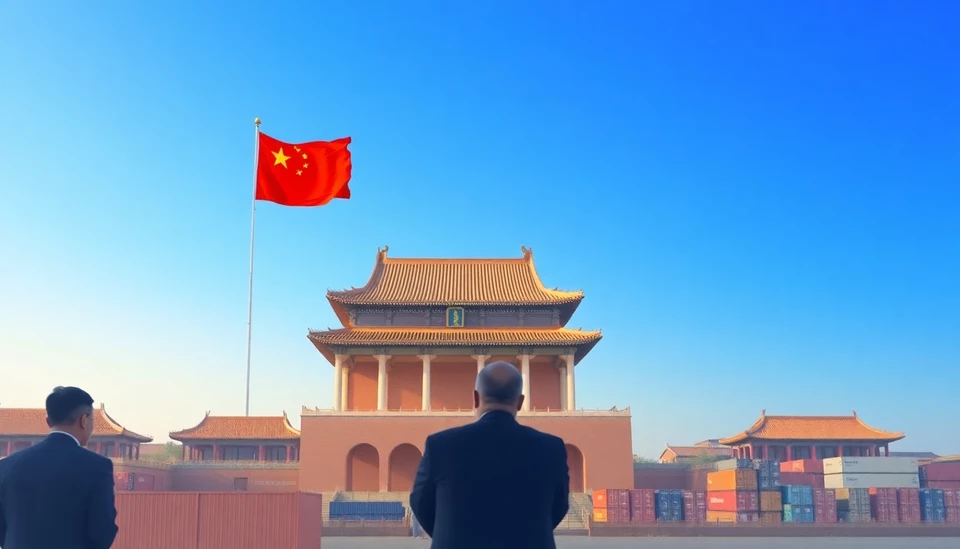
China’s Top Leaders Convene to Discuss Economic Stimulus in Wake of Trump’s Tariff Decision
In a significant move that could shape the future of China’s economy, leading officials are scheduled to gather for a high-stakes meeting aimed at formulating a response to the recent imposition of tariffs by former President Donald Trump. The extraordinary meeting, taking place amid rising tensions over trade policies, underscores Beijing's urgent need to bolster its economic stability in light of external pressures.
Continue reading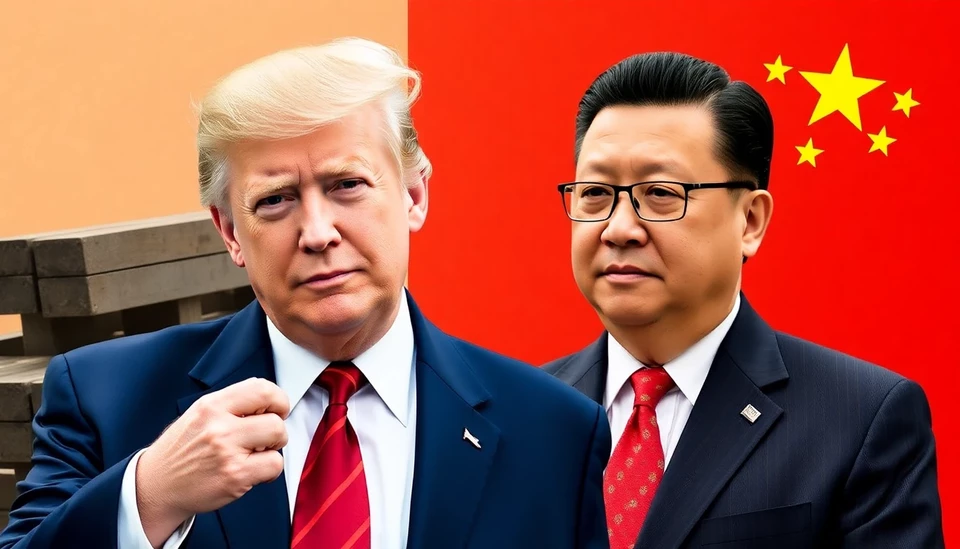
Trump's Tariff Dilemma Amidst China's Economic Turmoil
In a rapidly evolving economic landscape, former President Donald Trump is facing a significant challenge as his administration's tariffs collide with worsening economic conditions in China. As trade tensions between the United States and China continue to escalate, the implications of these tariffs are becoming increasingly complex and far-reaching.
Continue reading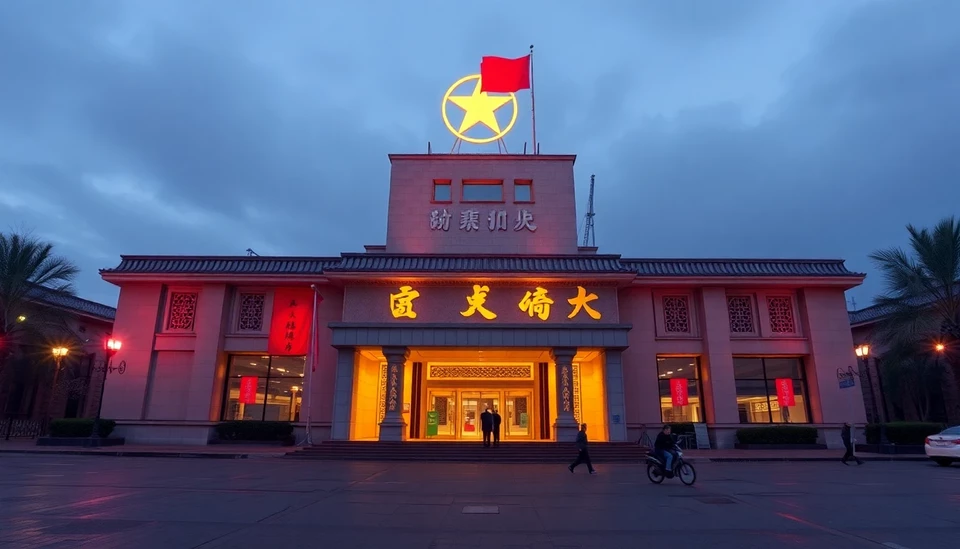
PBOC Embraces Yuan Weakness as Fixing Crosses 7.2 per Dollar
In a significant move that reflects the evolving dynamics of China's currency policy, the People's Bank of China (PBOC) has allowed the yuan to weaken, marking a noteworthy moment as the fixing rate surpasses the crucial 7.2 level against the US dollar. This decision is seen as a deliberate strategy to provide support to the economy amidst ongoing domestic and international pressures.
Continue reading
Xi Jinping Pledges to Stimulate Consumption Amid Ongoing Tariff Tensions with the U.S.
In a bold move to address economic challenges exacerbated by ongoing trade disputes, Chinese President Xi Jinping has unveiled a comprehensive strategy aimed at fully unleashing domestic consumption. This initiative comes in the wake of renewed tariffs imposed by the U.S. under the Trump administration, which have significantly impacted China's export-driven economy.
Continue reading